▻ Maureen Downey About Wine Fraud
Jane Anson in conversation with Maureen Downey
Episode Summary:-
Maureen Downey is a global expert on wine fraud. She speaks to Jane Anson about how she became known as “the Sherlock Holmes of wine,” her views on the extent of fraud in the wine world, and how she came to set up her company, Chai Consulting. Her interest in wine came when she was a freshman at Boston University, and was furthered when at the age of 20, as a member of the university team, she took part in the International Wine Challenge organised by Kevin Zraly, and won. Maureen went on to qualify as a sommelier and took a degree in hospitality administration. Two internships in Brussel restaurants gave her exposure to mature European fine wine. “I have a classical European reverence, there’s a respect for the art of the wine, it’s part of their culture and history,” she explains.
After Belgium, Maureen returned to New York and decided she wanted to work in the wine world full-time, and ended up in 2000 at Morrell & Company, a leading New York fine-wine merchant and auction house. “We didn’t have the internet, we used books, we had to do evaluations from a very artistic perspective.” Maureen then relates how she noticed that three or four bottles in a case were sometimes different, and collectors were too very busy to double-check; an opportunity beckoned.
Wine auctions only became legal in New York in the late 1990s, and there were only a handful of auction houses trading. She was the first employee at Zachy’s, and “there was no one there to teach me,” she tells Jane. She started creating a database, and in 2005 started her own company, which helped wine collectors authenticate their wines as well as managing their cellars. Maureen reveals that the World Health Organisation believes that 25% of wine and spirits are counterfeited, while Interpol estimates that 20% of luxury goods are counterfeited. “The global wine industry has its head in the sand, which is unfortunate,” Maureen says.
““A lot of these guys didn’t want to acknowledge there was a problem, they didn’t want the party to stop.” ”
Maureen tells Jane there is no typical day in her work. She has developed a systematic approach to authentication, with photo tests and microscopic inspection, and developed a database for comparisons. One conclusion: she takes issue with the belief that China is a source of all the fakes: “Most of the wine fraud in China and coming out of China is a problem only for China.”
She goes on to explain that the vast majority of good counterfeits today are being made by organised crime in Europe, especially in the production hubs in Northern Italy, France and Belgium. She explains that the move to digital printing of labels (which allows for anti-fraud measures such as invisible ink) has exacerbated the problem it was intended to solve – the forgers have followed suit. (While half a million dollars seems a lot of money for a digital press, it isn’t if you are organised crime gangs involved in producing large quantities of counterfeit wine.) She believes that producers need to adopt a Web 3 application, and she has developed a solution “ Chai Vault,” which is a blockchain-secured solution whereby bottles can be inputted into a blockchain-secured ledger at the time of production or secondary market. “The wine industry is totally opaque in terms of provenance and how wines are traded. The fact that these bottles that are made in Europe can get into the supply chain so easily is testament to the fact that, with this globalised world that we have today, counterfeiting is getting easier and easier.” People believe that many of the fakes are DRC or Lafite, but there is a large business of mis-labelling the appellations of wines, e.g. Fronsac as Pomerol.
Auction houses have been criticised by Maureen in the past, but she says the situation has improved, with a few exceptions: “Most auction houses do a good job, there are still a couple of auction houses on my no-buy list.” She is more concerned about fakes going through merchants and brokers where there is less public scrutiny. “Consumers adore what I’m doing, a lot of retailers out there detest me because I make their life more difficult.”
She tells Jane how she has set up courses for consumers as well as courses for people wanting to become authenticators. “Provenance is more important than price,” she states, and she advises that best of all is to have a relationship with a reliable wine merchant. She urges people who are interested to look at her website www.winefraud.com. The Sherlock Holmes of wine is certainly on the case.
Running Order:-
-
0.00 – 22.00
“The global wine industry has had its head in the sand, which is unfortunate.”
– How Maureen Downey became interested in wine at university.
– How she certified as a sommelier and worked in Belgium.
– Learning to authenticate wine in New York prior to the internet.
– Starting her own company and creating a database of wine.
– The extent of fraud in the wine industry. -
22.01 – 30.00
“Most of the wine fraud in China and coming out of China is a problem only for China.”
– The main areas of fraud in the wine industry.
– Organised crime’s sophistication, such as digital printing of labels.
– Maureen’s solution: Chai Vault.
– The use of Web 3, blockchains, and NFTs. -
30.01 – 52.07
“Consumers love what I am doing, a lot of retailers detest me because I make their life more difficult.”
– Which wines are most forged.
– How reliable are auction houses, retailers and brokers.
– Wine courses she offers to consumers and would-be authenticators.
RELATED POSTS
Keep up with our adventures in wine
Further Information;-
Wine Conversation listeners are offered a special discount at www.winefraud.com. To take advantage go to the website and use the discount code “Jane25” valid until December 31st 2022.
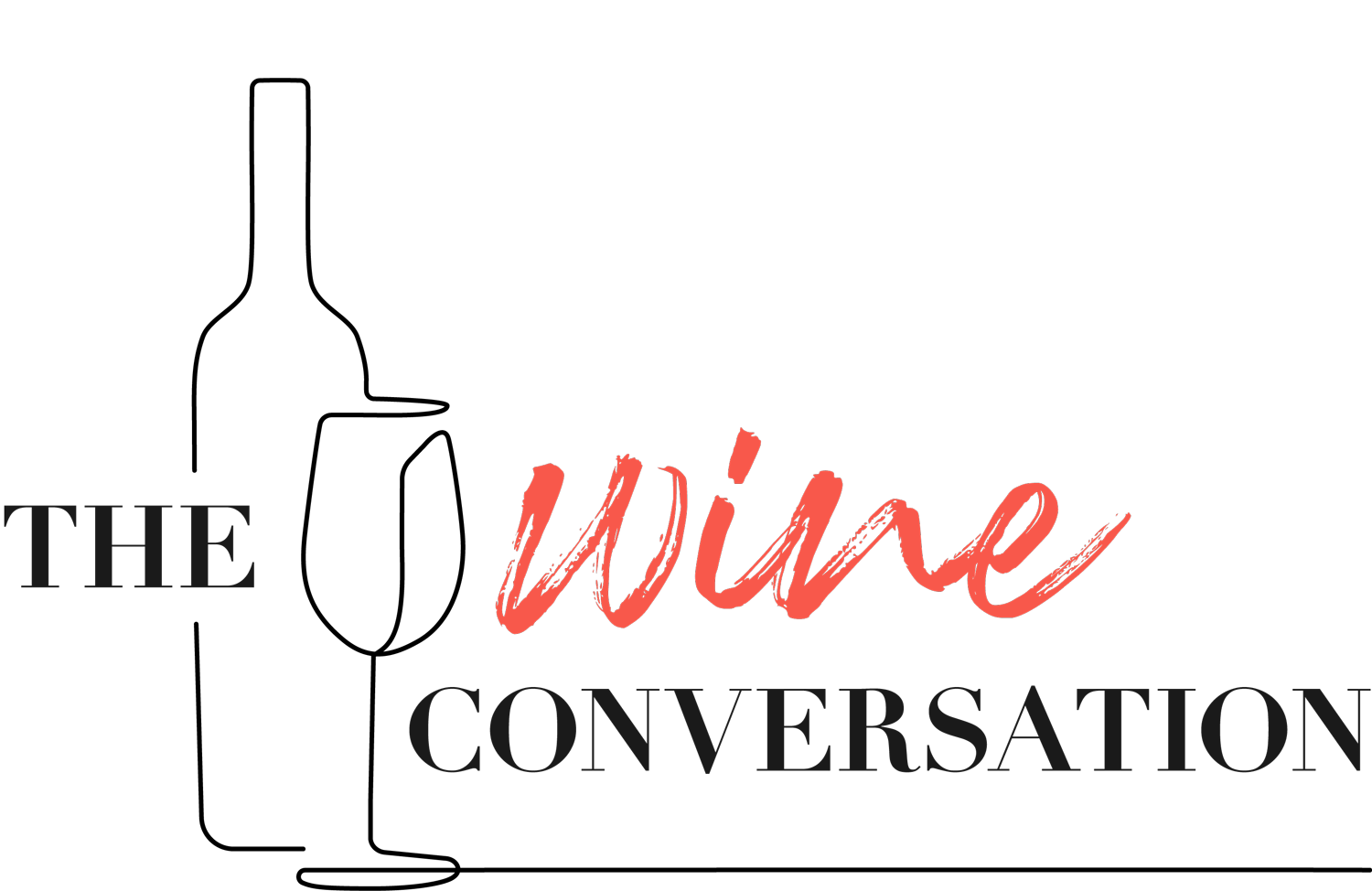
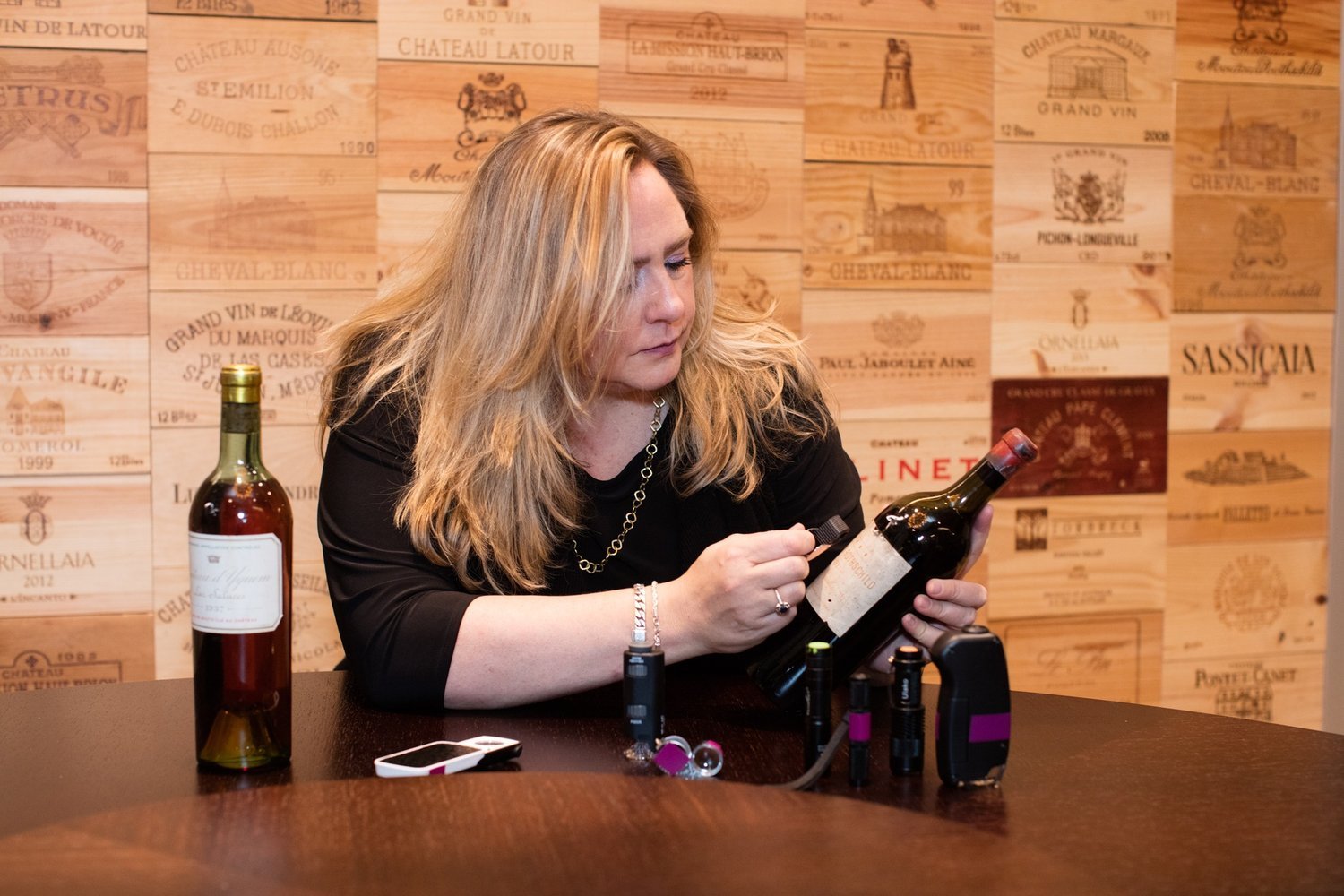



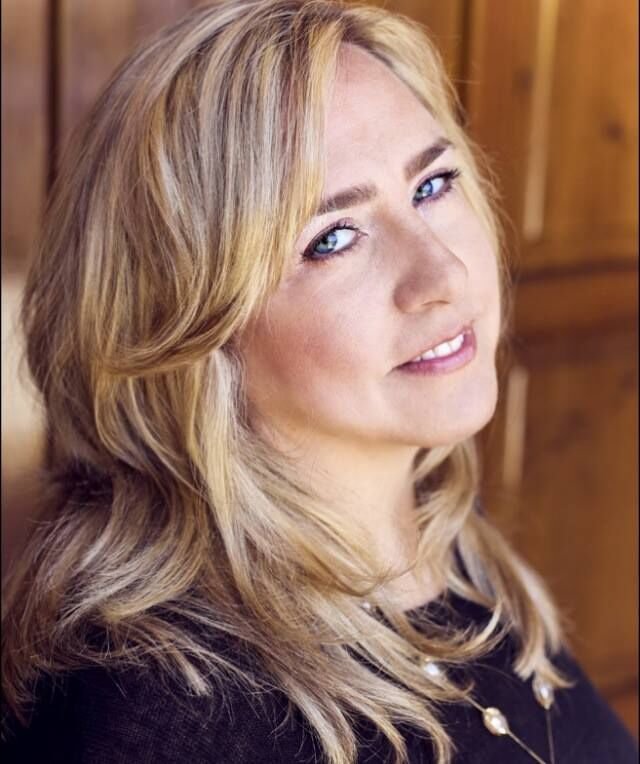
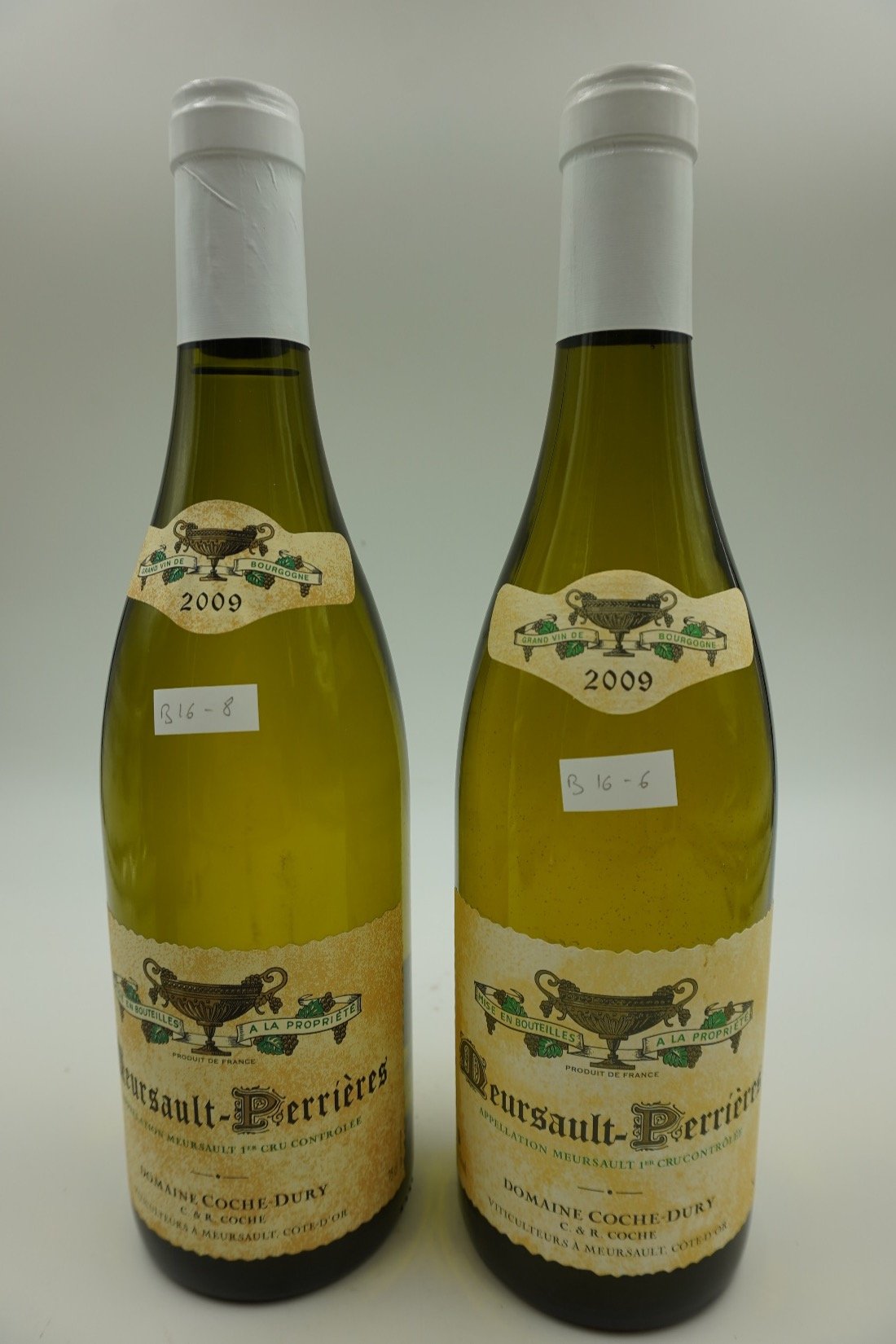
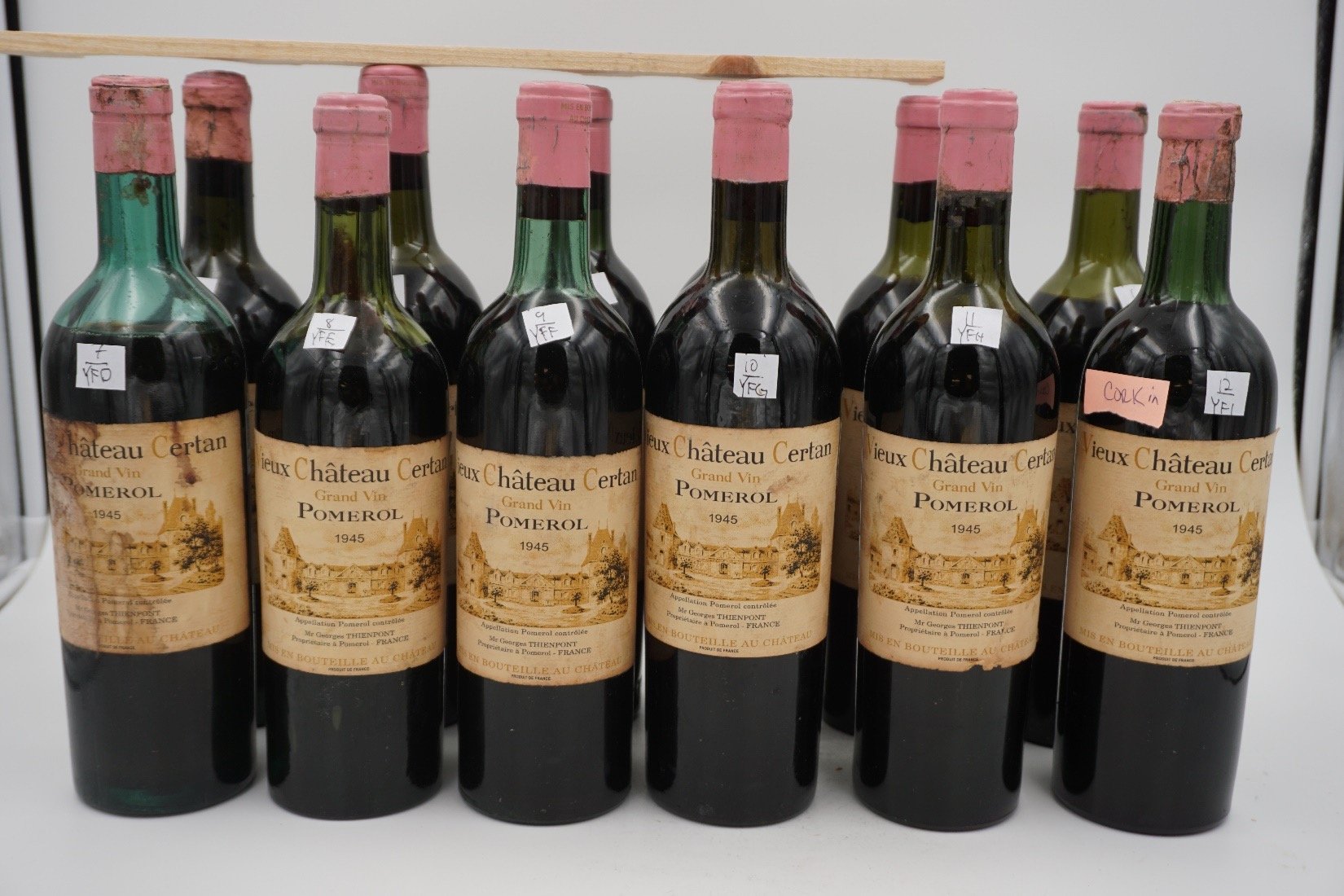
600 years of winemaking runs through the blood of Giovanni Mazzei – we talk to him for our ‘Next Generation’ series.